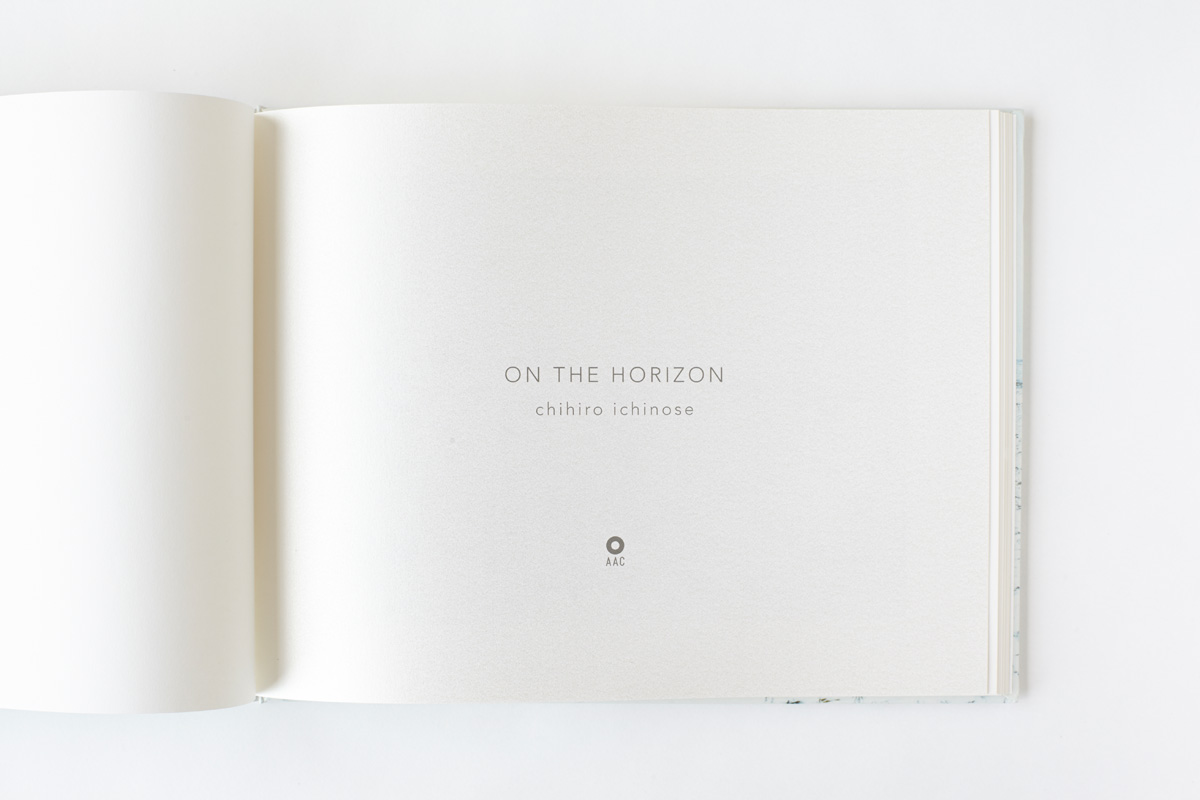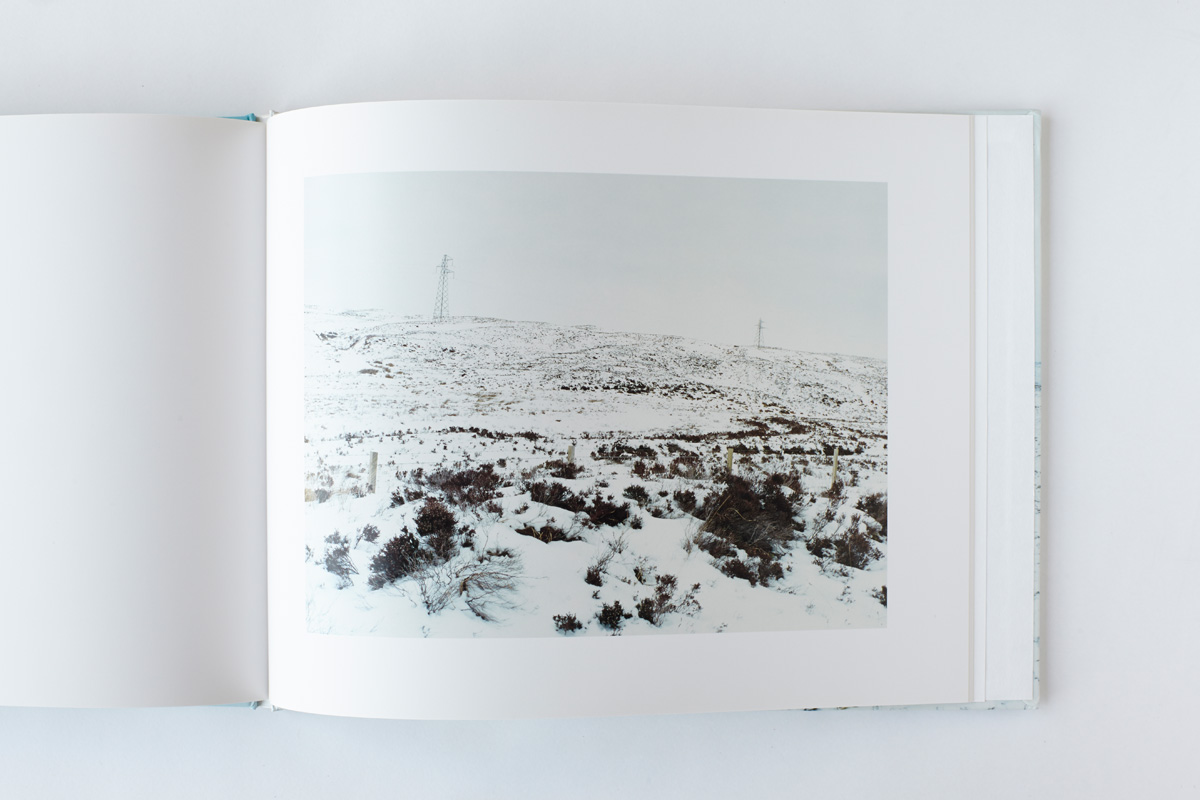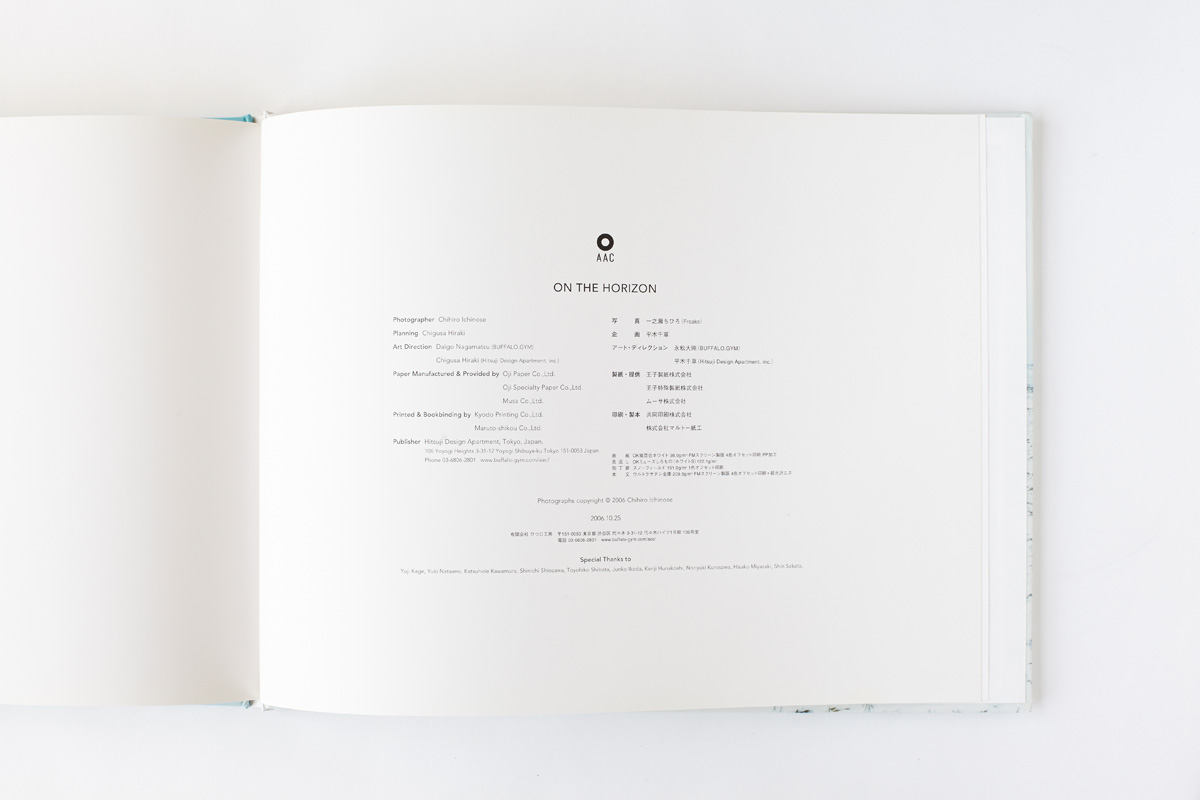works
ON THE HORIZON
人が言葉や物事を感じるとき、一連のつながりを自動的に連想しているように感じることがある。例えば「西日の強い夏の夕方」とか「白いユリの花」とか何でもいいのだけど、ある言葉や状況に遭遇したとき自分から何かを能動的に考えているわけではなく、勝手に自然とあらかじめ用意された道筋をたどって、感じてしまう。自分では意識せずに自分の手持ちの局地的(地域的/文化的/世代的/言語的?)に共通のヒントを使って。
という思考の連鎖は、気持ちがつながっていきやすいし、あらかじめ定められたところに着地するという安心感はあるけど、こうして自動的に起こる連鎖で物事を感じ続けている間に、もっとたくさん(はないかもしれないけど、確実にいくつかは)ある別の思考を、放棄していることになるかもしれない、と思うことがある。
ただ突然差し出されるものに対して、局地的な共通の手だてがない場合、それでも人が何かを理解しようとしたり感じ取ろうとしたりする時の、その頼りなさが、おもしろいと思う。不安定だけど、潔い感じがする。
これは何か特別なことではなくて、毎日の物事の感じ方のごくごく基礎的な部分をその辺どうなの?と問い直す、又はもう一度ニュートラルな状態に戻す、という作業だとも思う。意味や隠喩や根拠がなく、ただ存在するということだけで成り立っているような、結局はそういうものを求めているのかもしれない。
When a person feels or experiences something, I feel that they automatically associate that feeling with of a series of links to previous experience and knowledge. When we encounter something, for example, “a summer evening with a westerly sun” or “ a white lily flower”, we naturally associate the feeling with previous knowledge of that phenomenon.
We subconsciously associate the experience with some localized – regional, cultural, generational, linguistic, etc.- common clues without realizing it. I know such a process of thinking gives us a sense of security. Because we can guess what the outcome will be, and it’s easier to think this way than to think from beginning. But I sometimes worry that I may give up many other ways of thinking by using links of association in my thinking.
In the case where we don’t have any local, common clues for thinking toward unexpected events, we try to understand of feel something from them. I believe that such uncertain or suspicious thoughts are the most interesting. They are insecure but decisive.
It’s not a new idea. It’s just a contemplation about the very natural and basic parts of everyday life, or an idea about a return to the original condition. I may possibly want something which has no meaning or metaphor or no reason but to simply exists.









